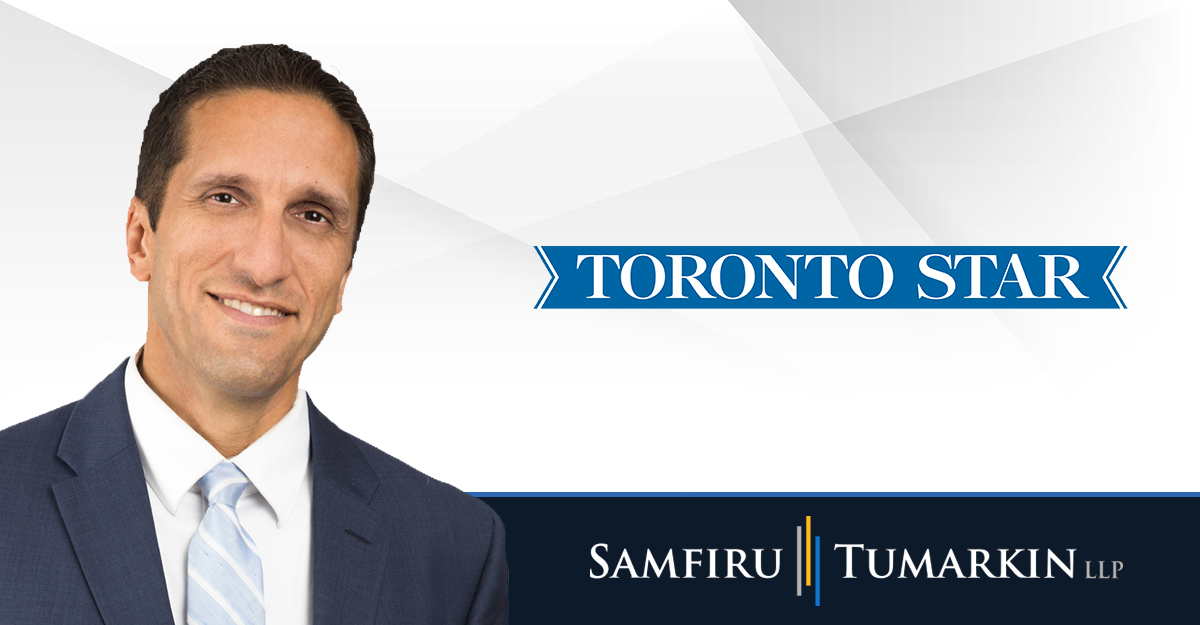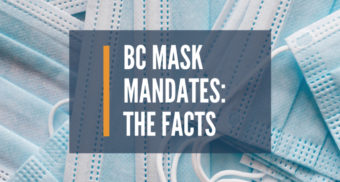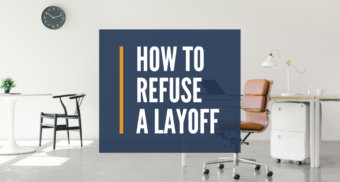Lior Samfiru with the Toronto Star on COVID-19 vaccines

Interview Summary
Many businesses have opened or are set to reopen shortly with employees returning to the office. Conversations and discussions about health and safety in the workplace as well as vaccine mandates have become popular among employers and employees. What can employees expect in terms of vaccine policies at the workplace?
Lior Samfiru, a Toronto employment lawyer and Partner at Samfiru Tumarkin LLP joins Adrien Cheung on the Toronto Star’s “This Matters” podcast to discuss vaccinations and employee rights in depth.
Interview Notes
Do private businesses have a legal right to mandate vaccinations?
Mandatory vaccination policies have been widespread even if there has not been firm legislation for employees in various sectors regarding the vaccine. In most private businesses in the absence of a government mandate, imposing vaccination mandates can in fact be discriminatory and a violation of employee’s human rights.
LEARN MORE
• Penalized based on vaccination status
• How to respond if your boss pressures you to get vaccinated
What legal challenges do employers face in implementing a vaccine policy?
Under human rights laws, employees cannot be discriminated against for having a medical disability or medical condition. Employers cannot treat employees differently for being more susceptible to contracting COVID-19, such as those that are not vaccinated.
Can employers include a vaccine mandate under the umbrella of COVID-19 health and safety protocols?
Employers generally impose vaccine mandates for good reasons however cannot do so without the support of the provincial government. If the government has decided a workplace is safe without vaccinations, an employer cannot deem the environment unsafe on their own.
Will employees be fired for not following the company COVID-19 vaccine policy?
Canadian employees should remember that employment laws in the U.S are different than Canadian laws. Employers are always permitted to terminate employees but it will be important to determine whether or not the termination is legal. Employers can be in breach of an employee’s human rights particularly if the termination is for cause and no severance is offered. Employers should remember that an employee could also be owed damages in addition to severance entitlements if they are fired for their vaccination status. An employer will only be exempt from paying severance if they are following a government mandate.
Are unionized employees subject to different rules regarding vaccination?
Unionized employees cannot enforce their own rights but instead, have to rely on their union representatives to enforce their rights. If a union supports mandatory vaccination, the employee will not have much recourse to pursue.
Are federal employees subject to different employment laws regarding vaccines?
Provincially, there are yet to be any mandatory vaccines imposed. Employees who are provincially regulated will have to undergo regular COVID-19 tests if they are not vaccinated. The federal government has announced some federal employees or those who work in travel, will have to be vaccinated or face consequences. Employees who are not vaccinated and are employed by the federal government will be let go.
How is the Charter of Rights and Freedoms applied to employment law?
The Charter of Rights and Freedoms only applies to government action and is not applicable to private businesses. Individuals are able to challenge government action on the basis of the Charter of Rights and Freedoms however pursuing any legal action will likely take years to be resolved.
Could more businesses impose mandatory vaccinations as another wave of COVID-19 begins?
Businesses will likely continue to impose their own mandatory vaccination policies even if there are possible legal challenges ahead. As time goes on, and the cases of COVID-19 rise, it is important to remember that there could be guidance from the courts or the human rights tribunal.




